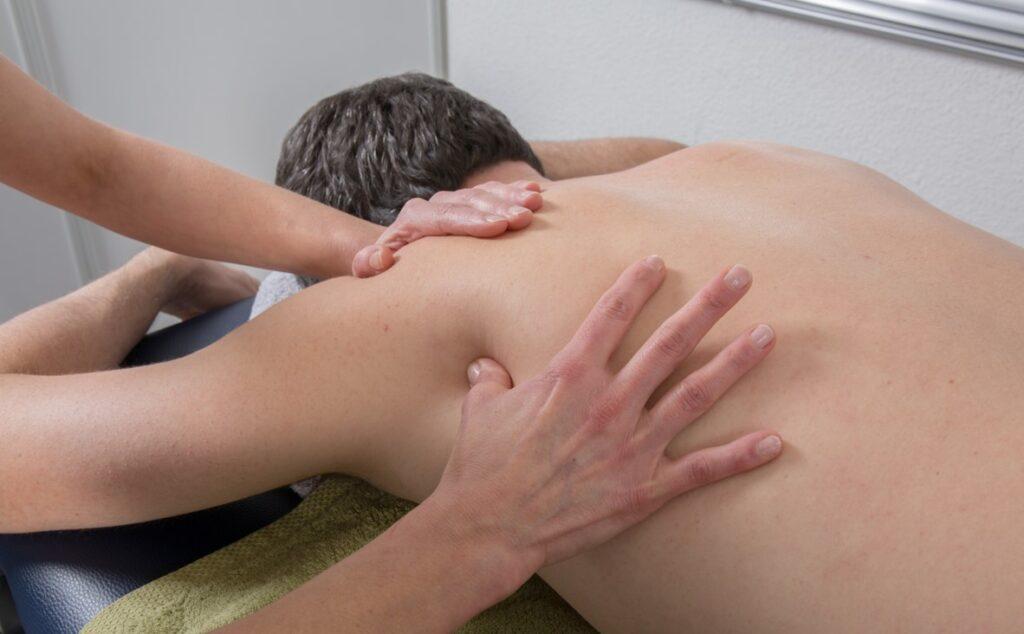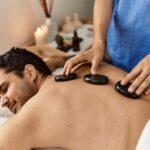Unlocking the Ancient Wisdom of Tuina
Exploring the World of Asian Bodywork
In the bustling world of modern medicine, there is a growing curiosity and interest in holistic therapies that have been practiced for centuries. Among these ancient healing arts is Tuina, a form of Asian bodywork that encompasses a rich tapestry of techniques and principles rooted in Chinese medicine and culture. This therapeutic practice, which has stood the test of time, offers a unique approach to wellness that goes beyond the confines of conventional Western medicine. In this article, we delve into the world of Tuina, exploring its history, techniques, benefits, and how it fits into the broader landscape of complementary and alternative medicine.
A Historical Perspective
Tuina, pronounced “twee-nah,” literally means “push” and “grasp” in Chinese. Its roots can be traced back over 2,000 years to ancient China, where it was developed alongside acupuncture, herbal medicine, and other traditional Chinese medicine (TCM) practices. Tuina is based on the foundational principles of TCM, which view the body as a complex system of interconnected pathways for the flow of vital energy, or “qi,” and the balance of opposing forces, Yin and Yang.
Over the centuries, Tuina has evolved and diversified, incorporating elements from various Asian cultures, including Japan and Korea. Today, it is practiced not only in China but also around the world as a recognized form of complementary and alternative medicine.
The Art of Tuina: Techniques and Methods
At its core, Tuina is a hands-on therapy that relies on the practitioner’s skillful manipulation of the body’s tissues, acupressure points, and energy channels. Here are some key techniques and methods commonly used in Tuina:
Acupressure: Tuina therapists apply pressure to specific acupoints along the body’s meridians, where energy flows. By stimulating or sedating these points, they aim to rebalance the body’s energy and promote healing.
Tui (Push) and Na (Grasp): These are the fundamental movements of Tuina. Tui involves pushing and gliding techniques, while Na involves grasping, kneading, and rolling motions. These actions help release tension, improve blood circulation, and alleviate pain.
Manipulation: Tuina therapists use various manipulative techniques to realign musculoskeletal structures, such as joint rotations and stretching. This can be particularly effective in addressing musculoskeletal issues and promoting flexibility.
Cupping and Gua Sha: In some cases, Tuina may incorporate cupping (using suction cups) and Gua Sha (scraping the skin) to enhance circulation and relieve muscle tension.
Herbal Compresses and Liniments: Natural herbal preparations are sometimes used to complement Tuina sessions, providing additional therapeutic benefits.
Benefits of Tuina
Tuina offers a wide range of potential benefits for both physical and mental well-being:
- Pain Relief: Tuina is renowned for its effectiveness in alleviating various types of pain, including musculoskeletal pain, headaches, and chronic conditions like arthritis.
- Stress Reduction: The deep relaxation induced by Tuina can reduce stress, anxiety, and promote a sense of calm.
- Improved Circulation: The manipulation of tissues and acupressure points can enhance blood and lymphatic circulation, aiding in the body’s natural healing processes.
- Enhanced Range of Motion: Tuina techniques can improve joint mobility and flexibility, making it valuable for athletes and those with mobility issues.
- Balanced Energy: Tuina aims to restore the body’s natural energy flow, potentially addressing a wide range of health issues associated with energy imbalances.
- Digestive Health: Tuina has been used to address digestive disorders, promoting better digestion and overall gastrointestinal health.
Incorporating Tuina into Your Wellness Routine
Tuina, deeply rooted in the wisdom of traditional Chinese medicine, represents a holistic approach to health and well-being that resonates with many individuals seeking alternatives to conventional medicine. Its blend of acupressure, manipulation, and energy balancing techniques offers a unique path to healing, making it a valuable addition to the ever-expanding world of complementary and alternative therapies. As we continue to explore ancient practices in our quest for holistic wellness, Tuina stands as a testament to the enduring power of ancient healing arts.








